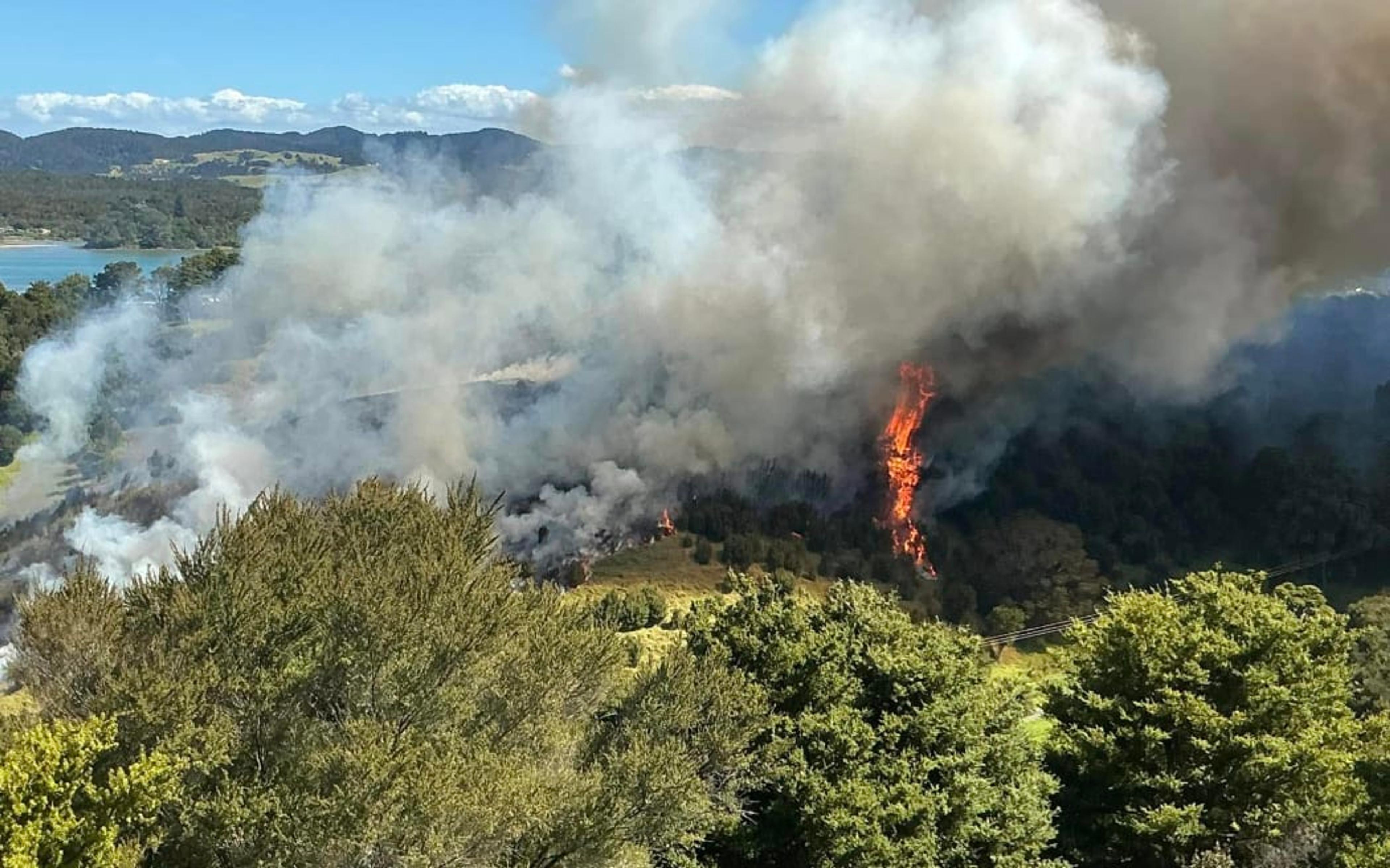

Photo/iStock
NZ's 'slow' economic recovery won’t decrease Pacific brain drain, expert says
Economist Filipo Katavake-McGrath says despite GDP growth hinting towards economic recovery, it may not come soon enough to stem Pacific migration to Australia.


Two seasonal workers found dead at Bay of Plenty orchard

Pacific Warned: Global powers will act if island nations remain weak

From the friendly isles to Koroneihana: The Tongan hairstylist trusted with a Queen


Two seasonal workers found dead at Bay of Plenty orchard

Pacific Warned: Global powers will act if island nations remain weak

From the friendly isles to Koroneihana: The Tongan hairstylist trusted with a Queen
New Zealand's slow economic recovery may be too slow to keep up with Pacific peoples migrating to Australia for better opportunities, economist Filipo Katavake-McGrath says.
Stats NZ has reported that the country's Gross Domestic Product (GDP) has grown by 0.2 per cent for three months to March, driven by service industries and energy production, while there is annual growth of 0.3 per cent.
Speaking to William Terite on Pacific Mornings, Katavake-McGrath said a 0.2 per cent change quarter by quarter is a "really slow thing" but the economic bounce-back wouldn’t stop the high number of people moving to Australia - which was also highlighted by Stats NZ.
He added that there is also evidence of a Pacific brain drain, as Pasifika expertise is increasingly bring sought across the ditch in areas such as policy analysis, accounting and finance by government agencies, major banks and insurance companies.
"All of these organisations have benefited from the way Pasifika think about economic transactions from the family perspective or a multi-generational perspective," Katavake-McGrath said.
"That brain drain is already happening so whether or not [NZ] businesses are going to have the ability to access that type of thinking in the future to support their goals, at a time businesses are under pressure, I think it's going to hit because of the brain drain."
Watch the full interview via 531pi’s FB below:
The GDP growth's biggest contributors are electricity, gas, water, and waste services which rose by 2.9 per cent, followed by a 0.9 per cent uptick in rental, hiring and real estate services.
Construction experienced the biggest drop of 3.1 per cent, followed by a 1.2 per cent decline in both manufacturing and public administration and safety. Professional, scientific, technical, administrative, and support services dropped by 1.1 per cent.
Katavake-McGrath said GDP is essentially a "snapshot of a moment in time" and that these statistics generally represent what New Zealanders have been feeling.
"While there's a slight increase in the retail and accommodation sectors, it's a bit more in the accommodation sector because retail has fallen back and household consumption figures show us that."
Stats NZ also recently published data showing an estimated 130,600 migrant departures in the year to April which was the highest on record over 12 months.
According to MBIE, up to 97 per cent of Fijian and Tongan migrants in NZ stay five years after arrival, while for Sāmoan migrants, only 83 per cent remain in NZ five years after arrival.
Katavake-McGrath said he’s also heard from people in a number of industries that they are moving overseas due to job cuts or a slowing economy.
"The rental hiring and real estate services going up happens when people sell houses and have to pay the fee to the real estate agent.
“Or if they're putting properties on the market for rental and having to pay rental bonds and rental fees.
"So it shows that people are either having to move house or leave the country and this is the wash up of that."